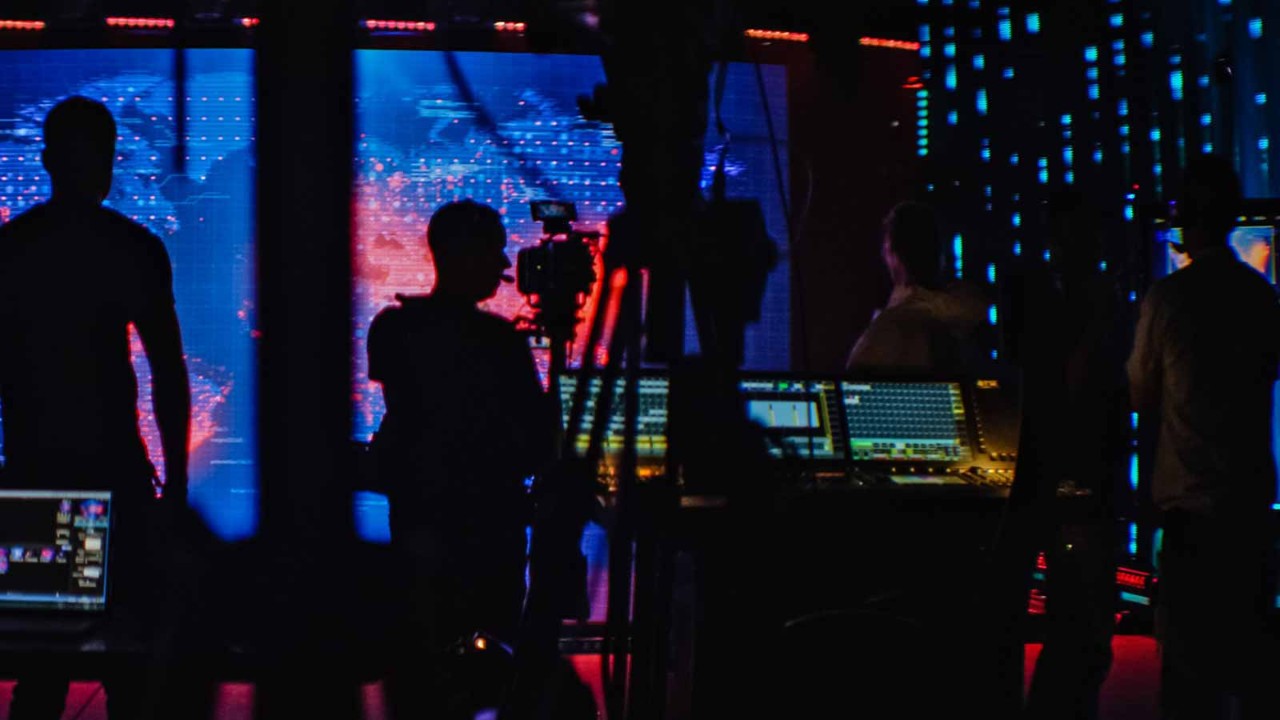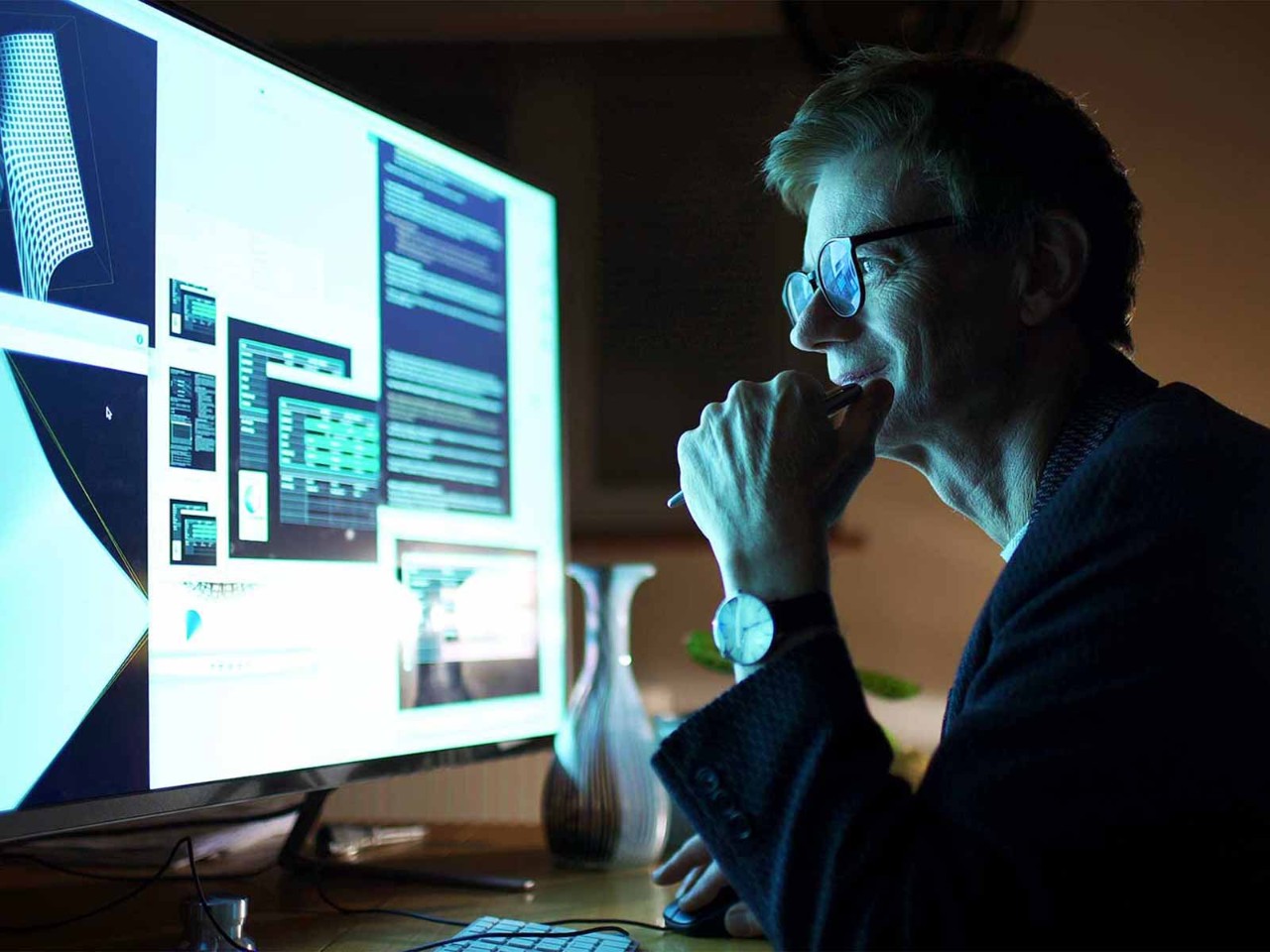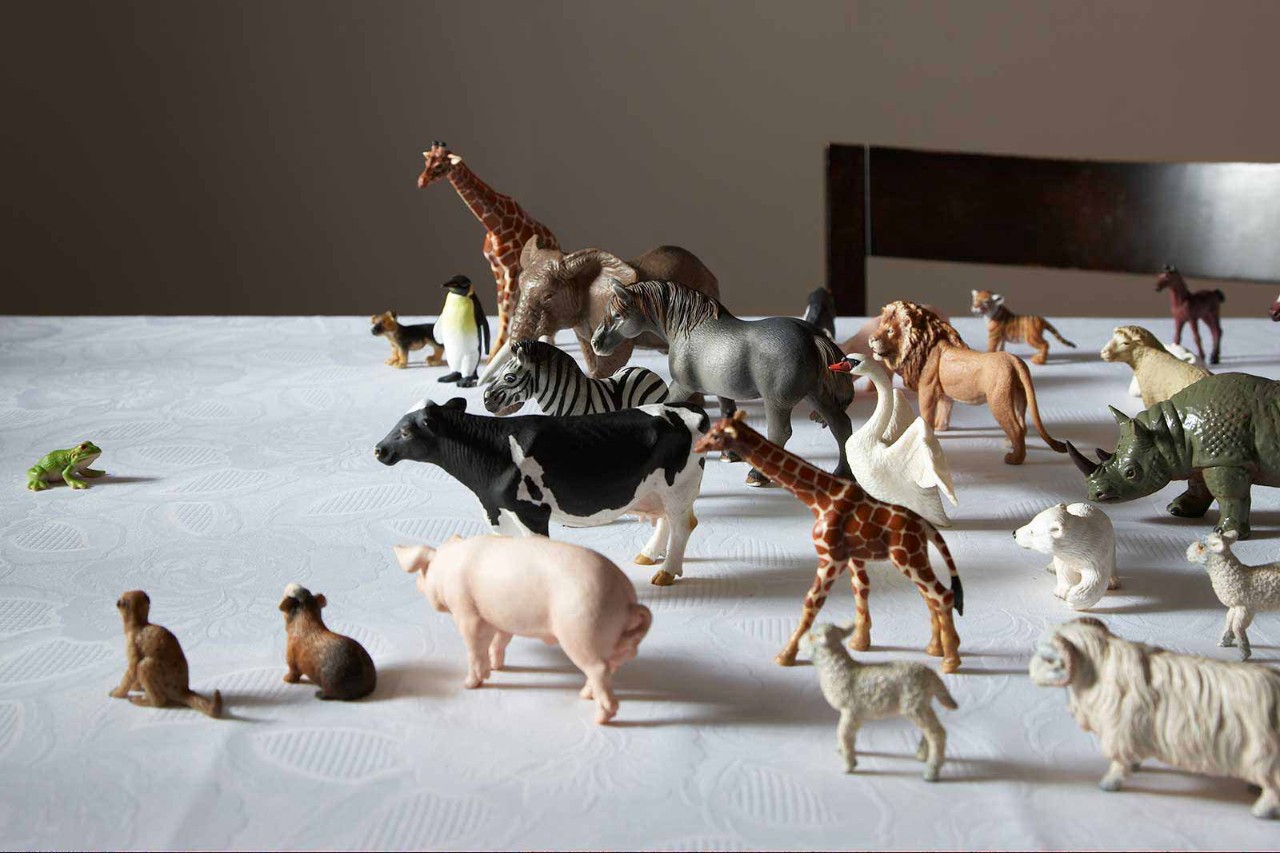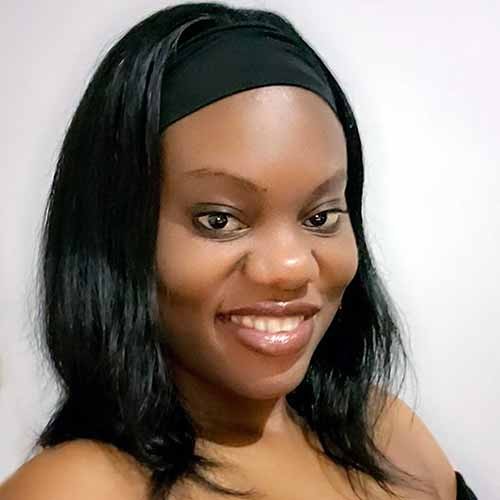
‘It’s really exciting. You’re working in a live film and TV environment, you’re using movie magic budgeting and scheduling, and you’re the bridge between the finances and the creatives,’ enthuses Fiona Adu, who moved from the travel sector to the glitz and glamour of the film and TV world two years ago.
The sector’s need for professional accountants has never been greater. Major UK studios such as Pinewood and Shepperton are bursting at the seams with big projects – Amazon’s The Lord of the Rings, Netflix’s The Gentlemen and Disney’s The Marvels.
‘I had no idea I could use my accounting experience to be part of a TV crew’
Accountants are not just tucked away in an office. Many are hands-on with vital budgeting decisions, and some are the producers’ right-hand man or woman, discussing location and casting decisions.
‘The accounts department is one of the most essential teams,’ says Adu, who jumped straight in at the deep-end with The Marvels. ‘There are occasions where, if something hasn’t been paid on time, the supplier can say they’re not going to bring the item to you tomorrow, and you can’t shoot.’
Straight to set
Adu’s giant leap is surprisingly common now for new entrants, thanks to some of the major UK training bodies forming partnerships with the top studios and streamers.
The National Film and Television School (NFTS) offers a diploma in production accounting for film and TV that is supported by Disney, so trainees get a stint working on the likes of Thor, Star Wars and Indiana Jones. And the Production Guild of Great Britain (PGGB) has partnered with Netflix for its assistant production accountant training scheme (Napats), with 12-month placements on shows like Bridgerton and Sex Education.
‘The Napats scheme encourages new industry entrants, links them to available jobs and directly benefits productions that are continuously on the lookout for new talent,’ says Lyndsay Duthie, CEO of PGGB.
‘Aside from numeracy, the qualities you need are patience, good humour and organisation’
Louise Black was among the first Napats cohort in 2018/19, having first worked as a bookkeeper for small creative businesses. ‘I’d always wanted to work in the film and TV industry, imagining I’d start as a production assistant and work my way up through the production management side,’ she says. ‘I had no idea I could use my accounting experience to be part of a TV crew.’
She has since worked on Netflix shows such as comedy series Turn Up Charlie and the fantasy Cursed. ‘Aside from numeracy, the main qualities you need for the job are patience, good humour and organisational skills,’ adds Black, who now works in production finance for Netflix.
Screen test
ScreenSkills also offers training and production placement support at all levels on a variety of shows. Its trainee finder scheme – for those who’ve just qualified or been a cashier – provides an induction course, and then places the trainee on a project (recent examples include BBC’s The Outlaws and Ghosts).
‘I was working as a data analyst for one of the Big Four, but it felt quite repetitive,’ says Ashley Thomas-Evans. ‘So I enrolled on the trainee finder scheme. Within a couple of weeks I got a call from the production accountant on Sex Education. I managed the petty cash spend throughout the production, making sure the crew were paid, and generated weekly and monthly reports. It was really interesting.’
The hours are tough. Many will work on a project for months and then take time off
He even got to (briefly) star in the show when a couple of supporting artists dropped out at late notice, ‘which was very cool’. But he admits the hours are tough (around 11 hours a day). To compensate, he and many others in the industry will work on a project for months and then take some time off before the next one.
Nicky Ball, head of high-end TV programmes at ScreenSkills, says: ‘Production accountants often turn to us for new recruits. Our transfer programme fills a skills gap in TV production with experienced accountants from other fields.’
Back to the beginning
One person who has benefitted from training provided by NFTS, PGGB and ScreenSkills is Kathleen Lambie. She had already worked as a TV production co-ordinator, but enjoyed budgeting and putting together purchase orders, so moved into accounting.
‘It was tough to start from the beginning again,’ she says. ‘It’s why I decided to do the training – to give me confidence and to hopefully shortcut a little bit.’
She did the NFTS course while working on historical series Outlander as a second assistant accountant. The part-time course, geared towards those with a finance or business background, is designed to help trainees apply their knowledge to a film set.
‘Not everyone then makes the leap, because it’s a scary thing, going from doing an evening course to giving up a highly paid job in one sector and becoming more junior in another,’ admits NFTS director Jon Wardle. The course includes a guaranteed two-week placement on a Marvel or Lucasfilm project.
‘I can walk through a door and be in a completely different world of futuristic or historical sets’
Creative world
Lambie found the NFTS course especially useful for chatting to more senior people in the creative and finance teams to learn more about what they required. ‘I can’t design costumes or direct actors, but I’m fascinated by the process,’ she says, adding that the accounts team ‘have to make sure the books are balanced when sometimes the creatives just want items purchased ASAP’.
She took PGGB’s five-day production accountant course and soon rose from assistant to payroll accountant and then first assistant production accountant. She worked on Netflix films The Princess Switch 2 and A Castle for Christmas, before becoming production accountant on the second series of Amazon’s The Rig. And she did ScreenSkills’ Leaders of Tomorrow scheme, to help bridge the gap between the theoretical and practical, and gain soft skills training.
It is, for sure, an exciting world to work in. ‘I can be sitting at my desk, working out important budgets, and then walk through a couple of doors and be in a completely different world of futuristic or historical sets,’ says Thomas-Evans. ‘There’s a surprise around the corner every day.’





